
Post by : Saif Nasser
With winter settling over northern India, Delhi is facing a hazardous overlap of falling temperatures and severe air pollution. The concurrence of cold air and high pollutant levels creates a notable burden on respiratory health, warns Dr. Sushil Kumar Upadhyay, a pulmonologist based in New Delhi. Clinicians refer to this as "cold-pollution respiratory stress," a condition in which the lungs encounter greater difficulty processing the inhaled air, often resulting in cough, chest tightness and shortness of breath.
Dr. Upadhyay outlines the physiological interaction: cold air provokes narrowing of the airways while airborne particles and chemical irritants provoke inflammation. Together, these effects increase airway resistance and the effort required for breathing. Those with pre-existing conditions such as asthma, chronic obstructive pulmonary disease (COPD), reduced lung capacity or compromised immunity are particularly vulnerable to exacerbations.
During winter months, atmospheric conditions often become stagnant, allowing emissions from vehicles, industrial activity, waste burning and dust to remain trapped near ground level. The resulting smog intensifies exposure to harmful particulates and gases, which helps explain the seasonal rise in respiratory symptoms among Delhi residents.
The impact is not limited to older adults. Children, adolescents and otherwise healthy adults who inhale polluted air repeatedly can experience impaired oxygen uptake, lethargy, dizziness and, if exposure continues, the risk of long-term pulmonary damage.
Referencing global data, Dr. Upadhyay cites a World Health Organization estimate that air pollution contributes to roughly 6.7 million premature deaths worldwide each year, many due to cardiovascular and respiratory disease linked to poor air quality.
To reduce personal risk during high-smog, cold-weather periods, Dr. Upadhyay recommends several practical measures:
Wear a properly fitted particulate mask (N95 or KN95) when outdoors.
Avoid early-morning outdoor exercise when pollutant concentrations are typically highest.
Keep windows and doors closed on days with pronounced smog to limit indoor infiltration.
Consume warm beverages to soothe the throat and support comfortable breathing.
Employ indoor air purification systems where feasible to lower indoor particle levels.
Seek medical advice if cough or breathing difficulties persist beyond a few days.
Patients with asthma or other chronic respiratory illnesses should continue their prescribed medications and consult their physician before making any changes. Early recognition and response to symptoms can prevent deterioration.
Dr. Upadhyay’s conclusion is unequivocal: Delhi’s winter is a respiratory hazard that combines climate and pollution factors. Preventive actions and public awareness are essential because established lung injury is difficult to reverse. Vigilance and simple daily precautions can significantly reduce harm during the winter season.
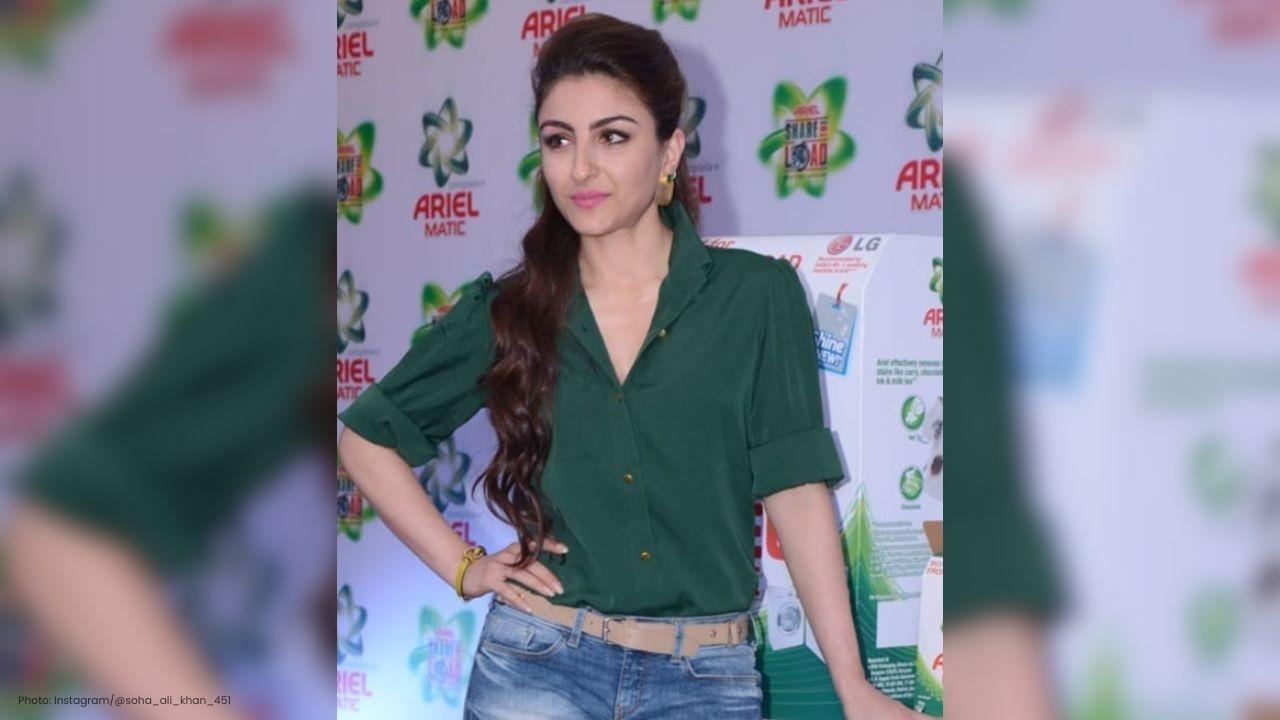




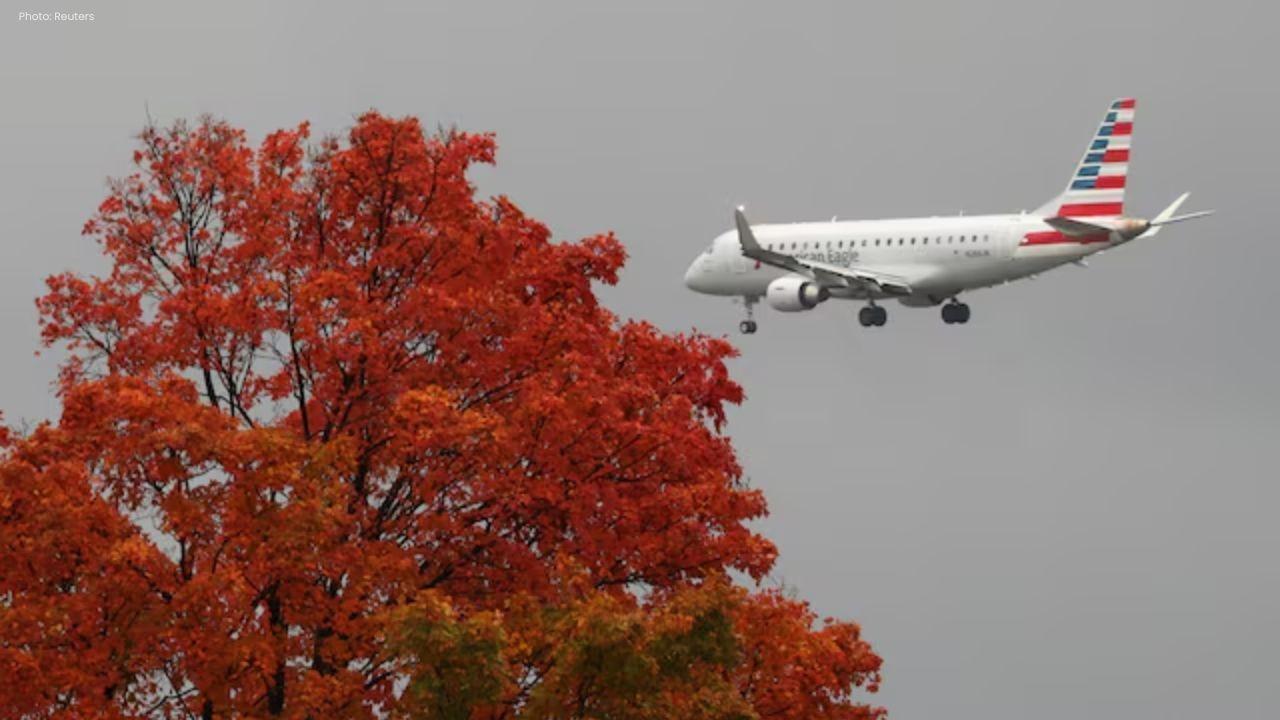
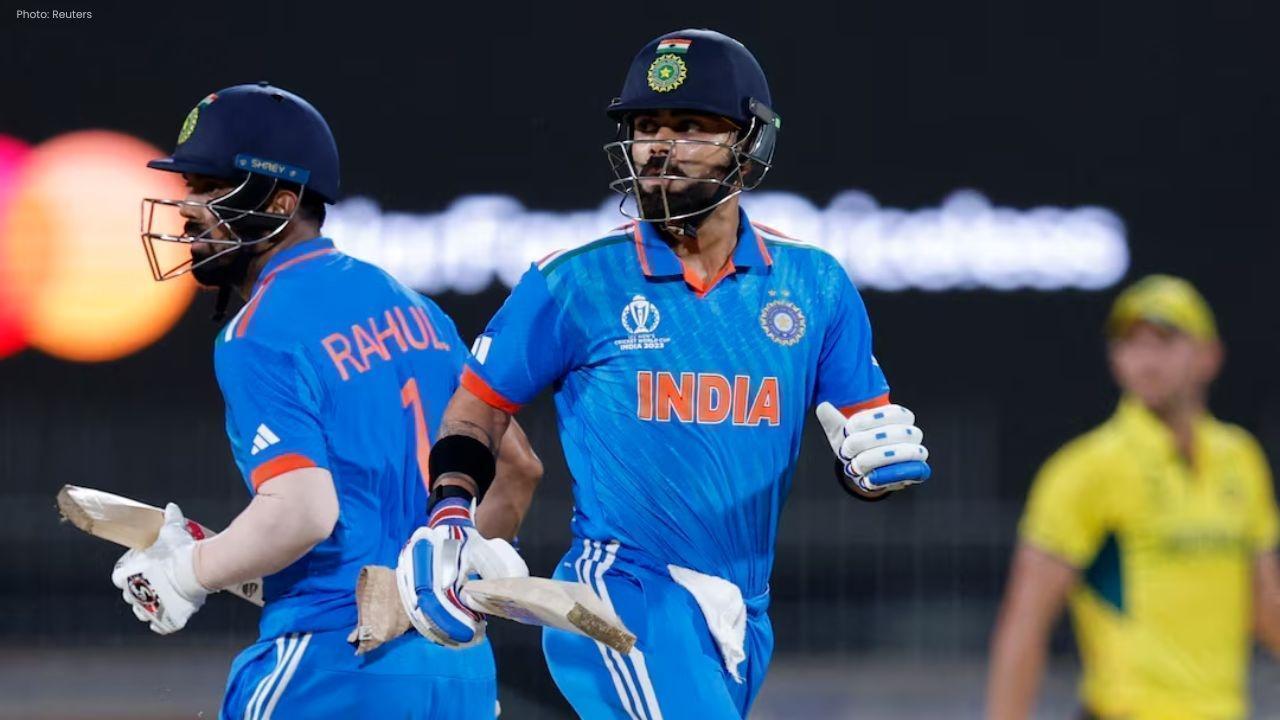
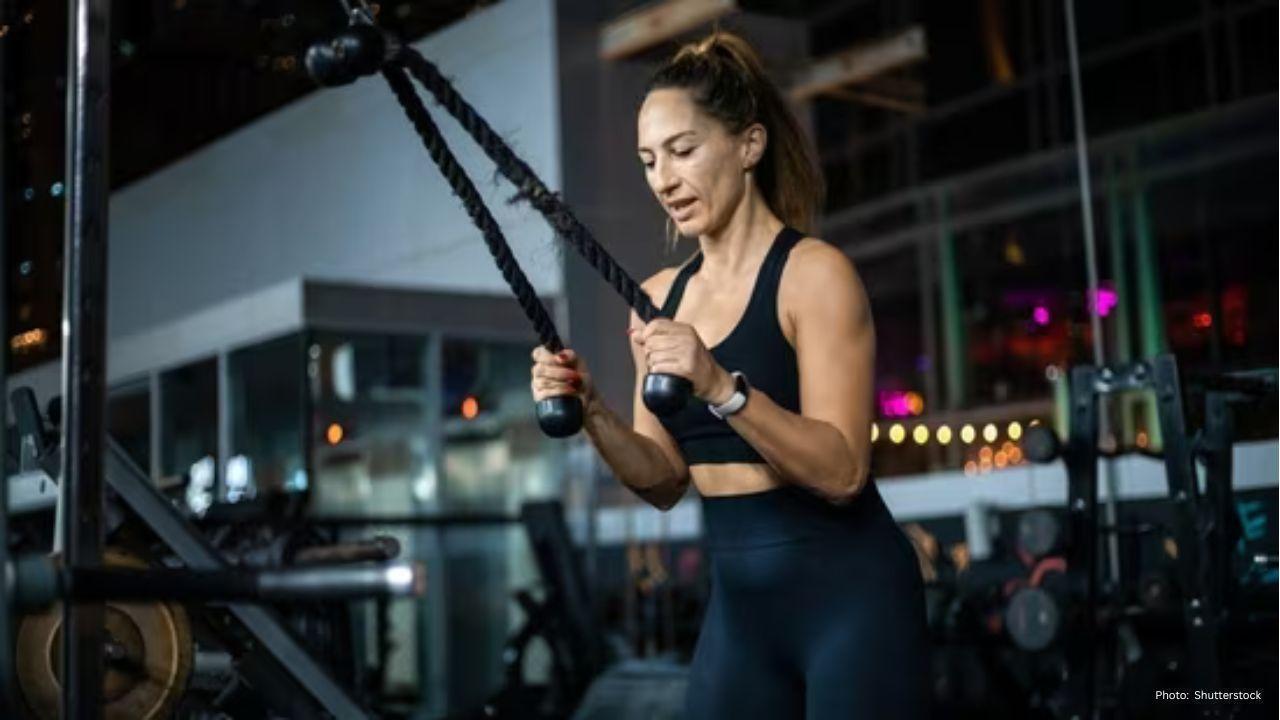


Paramount+ Wins Five-Year Deal to Stream PBR’s 'Unleash the Beast'
Paramount+ has inked a five-year streaming agreement to carry PBR's Unleash the Beast live from Dece

Zohran Mamdani's Historic NYC Win Marked by Bollywood Finale
Zohran Mamdani captured the New York mayoralty — the city's first Muslim and South Asian mayor — and

Indian Tennis Veteran Rohan Bopanna Ends Illustrious Career
Rohan Bopanna retires from tennis at 45 after winning two Grand Slams, becoming world number one, an
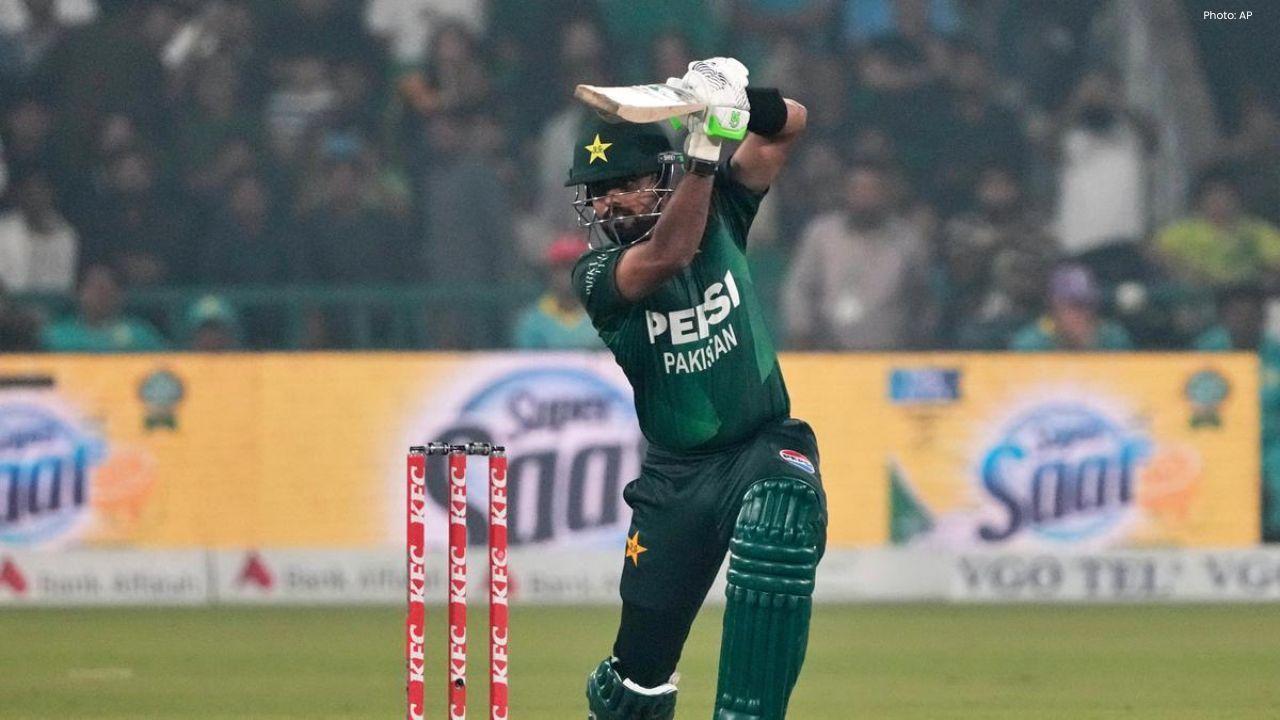
Babar Azam Becomes Top Run Scorer In T20I Cricket History
Pakistan’s Babar Azam has overtaken India’s Rohit Sharma to become the highest run-scorer in men’s T

BTS Comeback 2026 Group Plans Biggest-Ever Global Tour
BTS is set for a long-awaited comeback in 2026, followed by a massive 65-city world tour. Fans hope
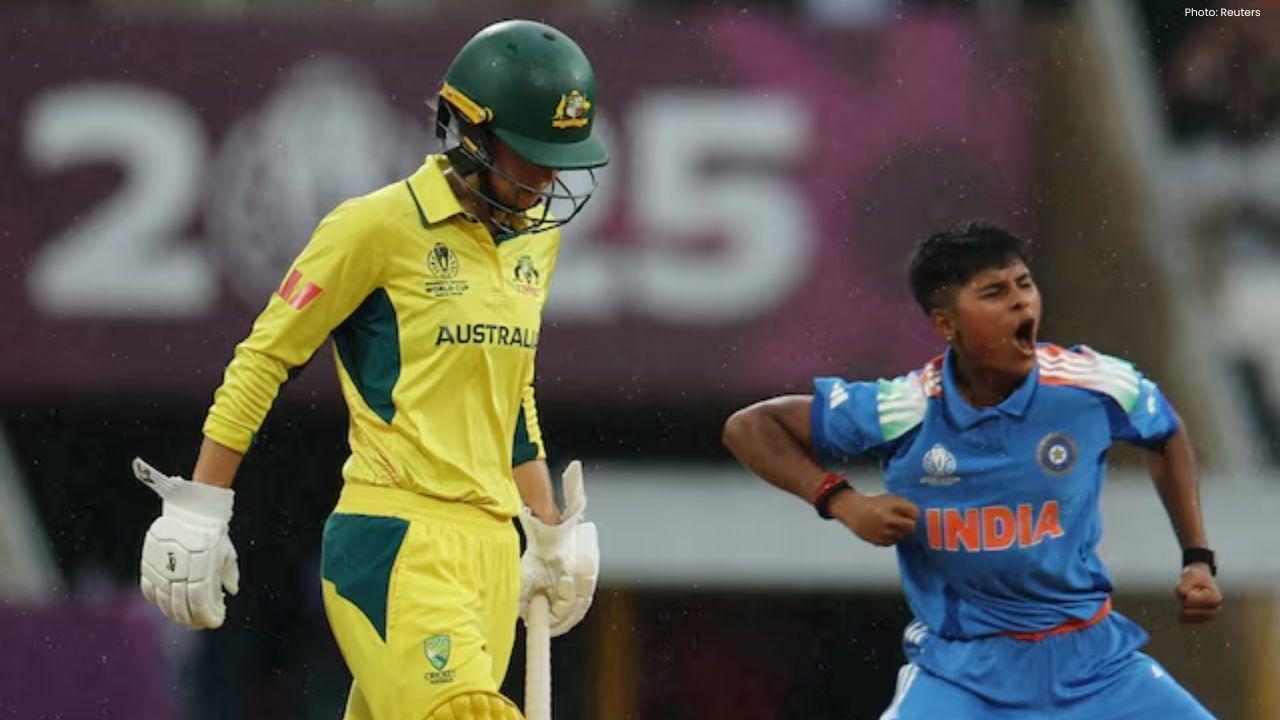
India Stuns Australia to Reach Women’s World Cup Final
India shocked seven-time champions Australia in the Women’s World Cup semi-final, chasing 339 runs w